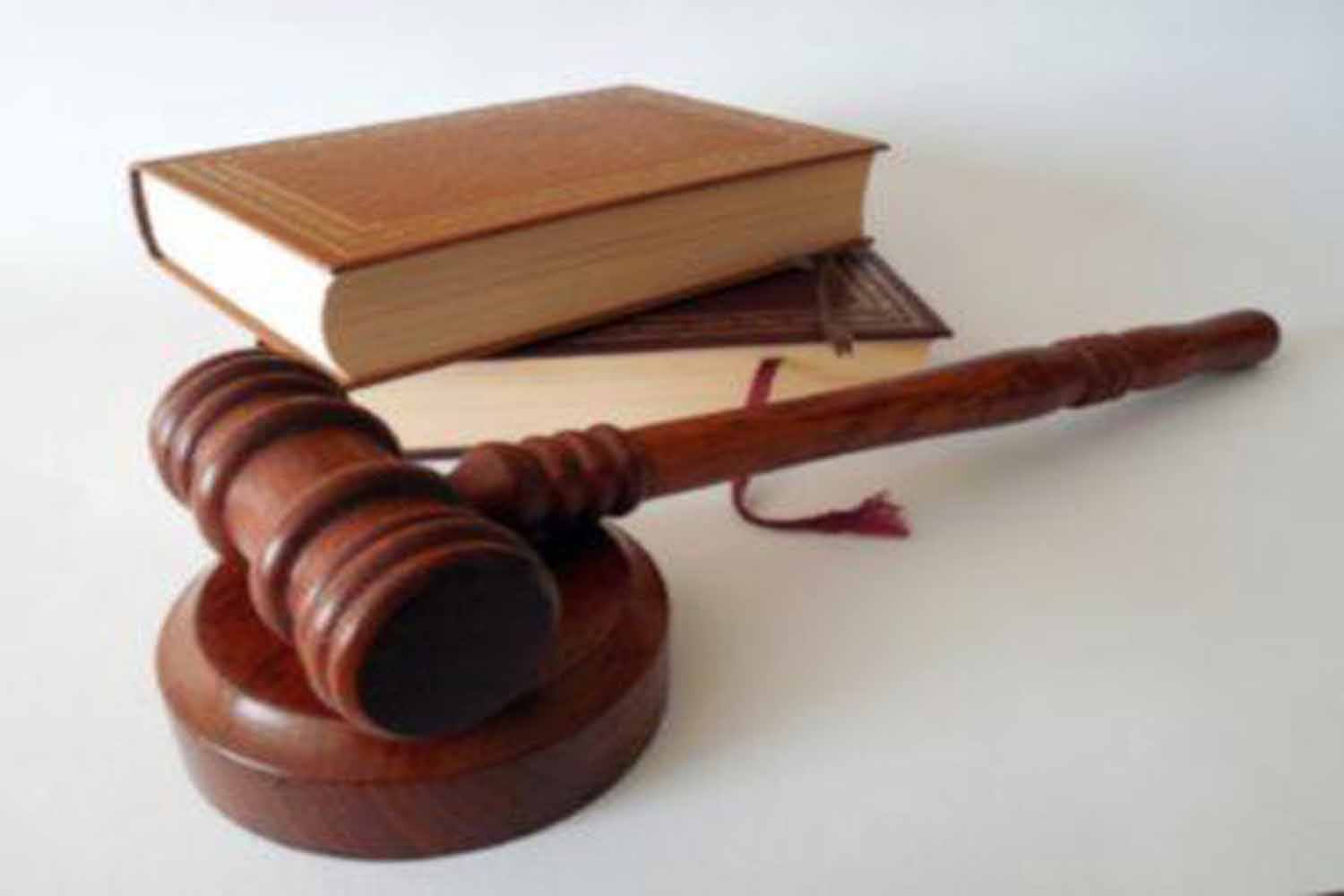Lenders and trade vendors often sagely require personal guarantees from the insiders of their debtor. In the event of debtor bankruptcy, a creditor may look to the insider-guarantor to satisfy the debt. The creditor’s ability to be made whole, then, is directly related to the financial position of the insider-guarantor. There is a problem: the Deprizio doctrine can erode the insider-guarantor’s financial position. Under the doctrine, the bankruptcy Trustee may disgorge assets from the guarantor that could otherwise satisfy the debt. Luckily, there is a solution to the Deprizio problem: a carefully crafted guaranty agreement that waives the guarantor’s claim against the bankruptcy debtor. This blog post explains the problem and clarifies the solution.
Banking & Financial Services Industry Legal Blog
Jimerson Birr, P.A. offers clients a customer-focused and cost-effective alternative to larger business law firms.





